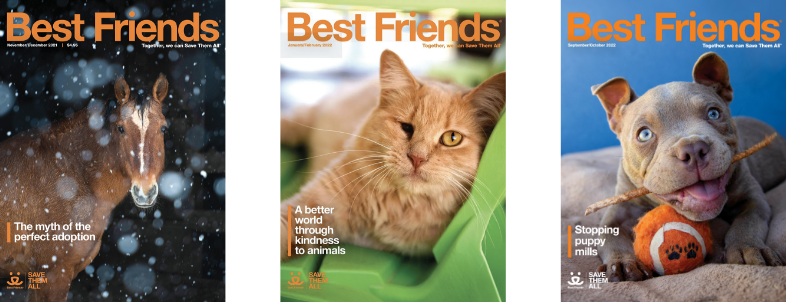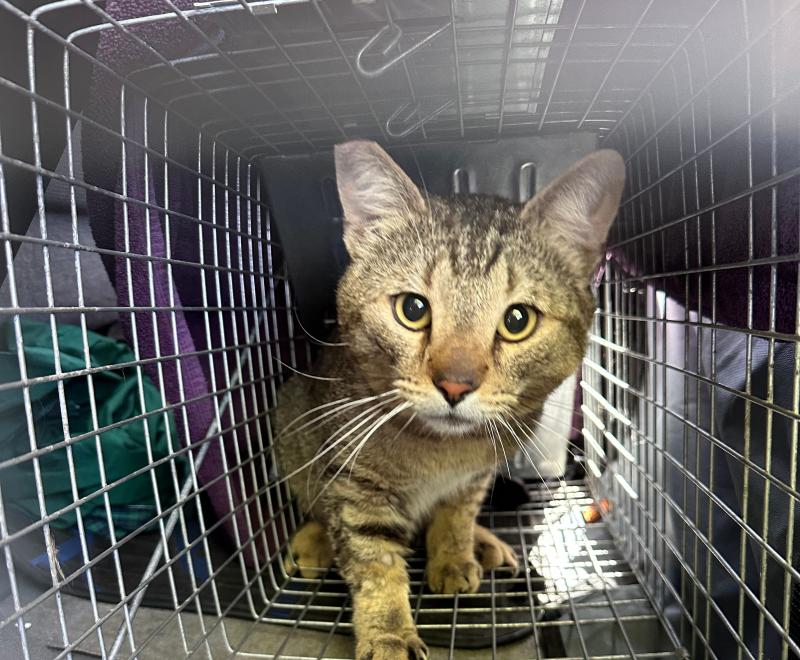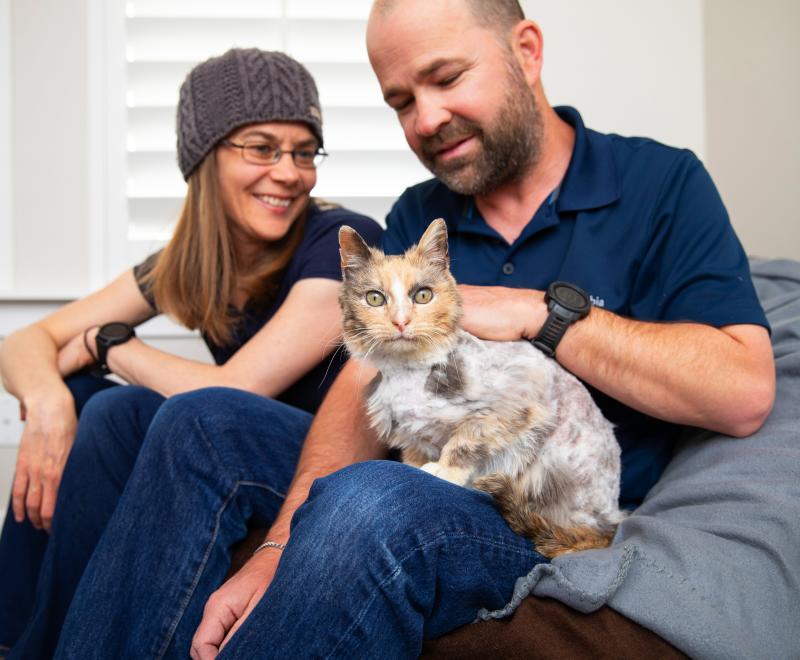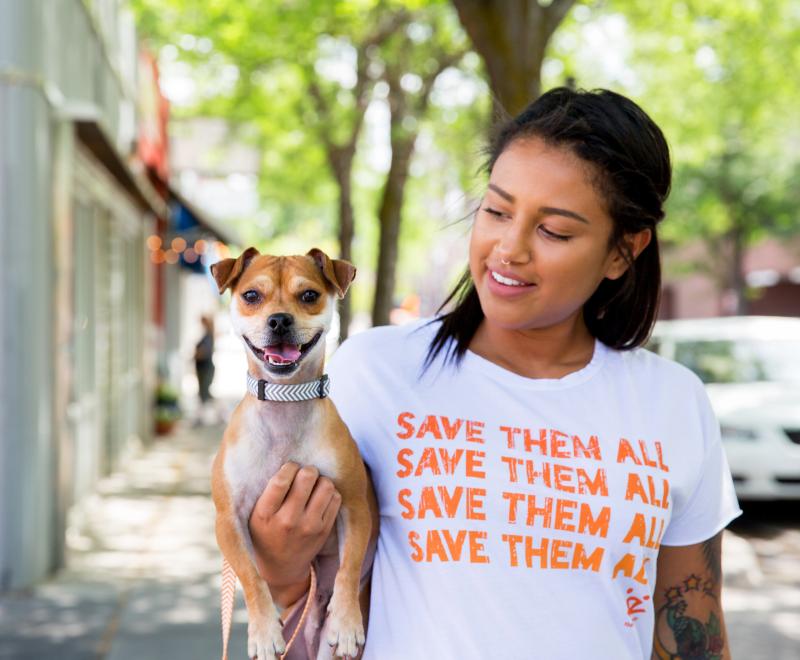5 steps to using your power for pets

It was back in 1985 when Ledy Vankavage first learned that her county animal control was selling impounded pets to laboratories for research.
Outraged, she was determined to do something about it, so she channeled that energy into action and within a year had formed the Madison County Coalition Against Pound Seizure. The coalition successfully lobbied for an end to the practice.
[Progress for pets: Looking back at a year of advocacy]
Since then, Ledy has changed life forever for animals on a national level as a legislative attorney specializing in issues impacting companion animals. She has done that work on behalf of Best Friends as a staff person for more than 16 years, and she’s been recognized by the American Bar Association and multiple other organizations for her work.
You have power to change laws
But when you talk with Ledy, she doesn’t bring up her successes. Instead, she wants you to know that you have a lot of power, and you can use it to help animals, just like she did. Her favorite quote is: “Politics isn’t a spectator sport.”
So, if your community has dog breed restrictions, or deems it illegal to return outdoor cats to their neighborhoods after they’ve been spayed or neutered, or allows puppy mills to sell pets in local stores (among a host of other outdated practices), you can absolutely do something about it.
[Young activists doing good for animals]
No matter how you begin, Ledy says, “Above all, be tenacious. If you don’t succeed the first time, keep going back. Anybody can make changes if you just keep going and never give up.”
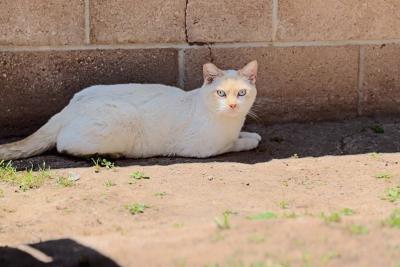
How to help animals through local laws
- Do your research. Learn who oversees your local shelter (a city, county or private organization) and how the issue impacts animals in the shelter.
- Start going to city council meetings or county board meetings. To become familiar with what goes on in those meetings, attend on a regular basis.
- Build relationships. You can email or call people on the city council or the county board and even meet with them directly. When you get to know local elected officials, they will begin to trust you and start to ask for your opinion.
- Get your friends and fellow animal lovers involved. Ledy says, “When we started the pound seizure coalition, I brought four friends along. It was just five of us for the whole county, but it made a change.” Mobilize your group and remember, you have a lot of power.
- Inform your community about the issue. Whether it’s through email, postcards, petitions, or social media, there are many ways to get your message out to community members.
To find tools for starting a campaign in your community or support an existing effort, visit http://action.bestfriends.org

This article was originally published in the July/August 2025 issue of Best Friends magazine. Want more good news? Become a member and get stories like this six times a year.
Let's make every shelter and every community no-kill
Our goal at Best Friends is to support all animal shelters in the U.S. in reaching no-kill. No-kill means saving every dog and cat in a shelter who can be saved, accounting for community safety and good quality of life for pets.
Shelter staff can’t do it alone. Saving animals in shelters is everyone’s responsibility, and it takes support and participation from the community. No-kill is possible when we work together thoughtfully, honestly, and collaboratively.
